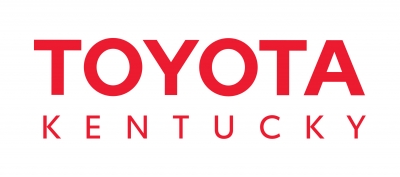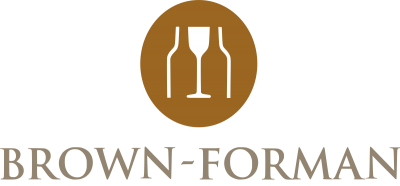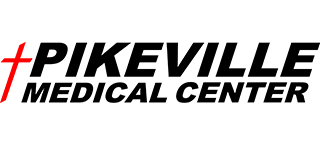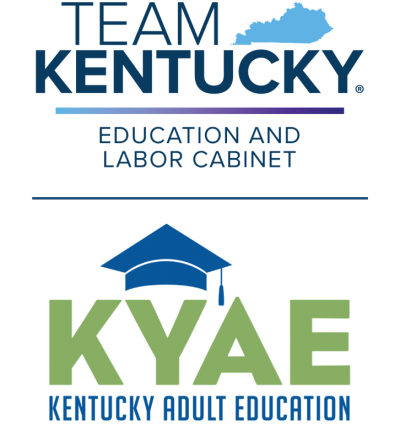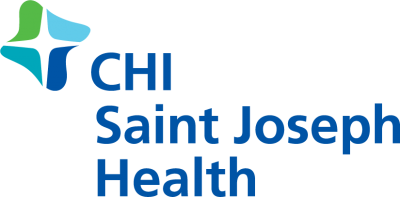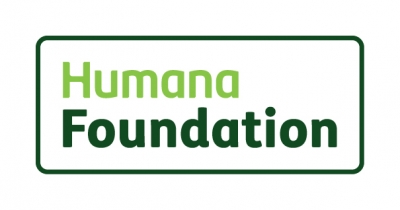LEADERSHIP KENTUCKY and Paducah, a UNESCO Creative City
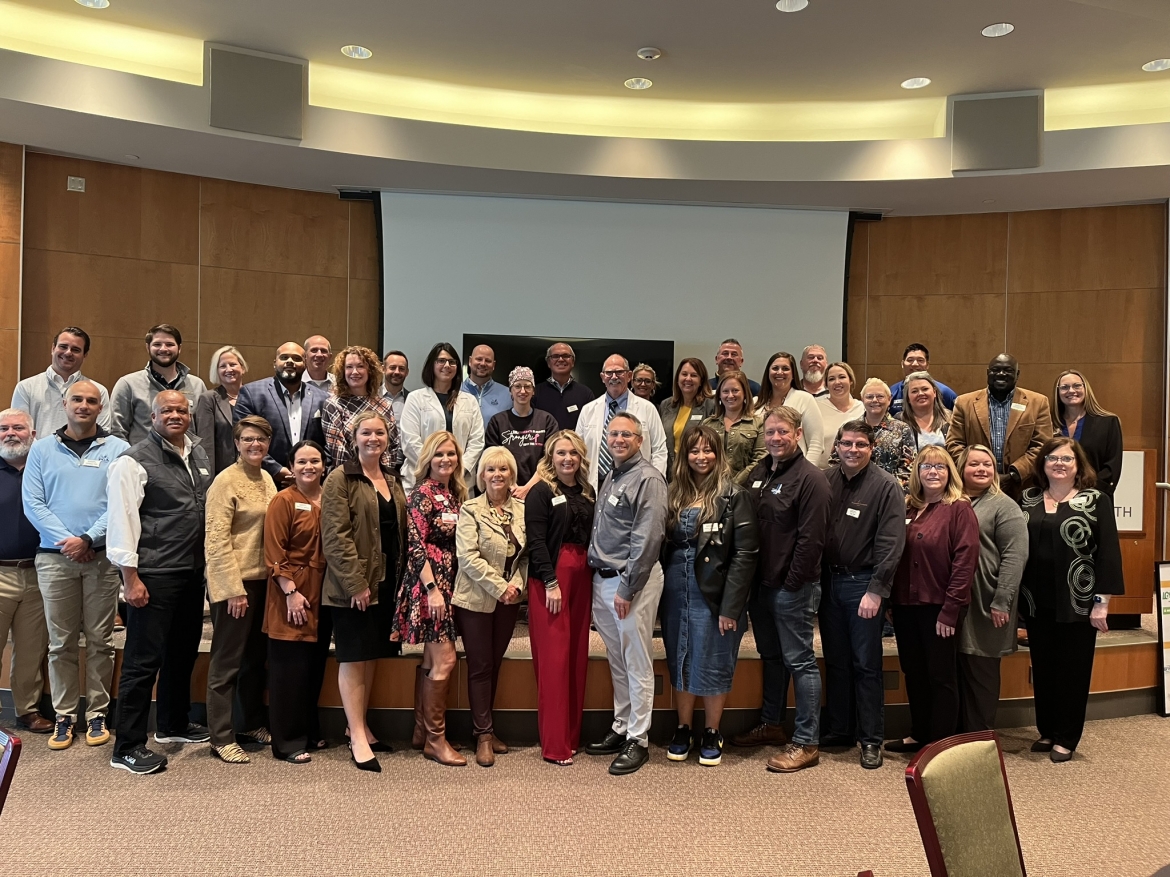
Written By Brian Gupton, Chief Executive Officer, Dataseam
The 2024 Leadership Kentucky Cohort spent October 16-18 learning more about the city of Paducah and surrounding areas. The focus during our time together was African American history, the arts, mental health, and Kentucky’s state corrections system.
Day One: African American History and Paducah Arts and Creativity.
We started our time in Paducah engaged in activities unique to the city focused on its African American heritage and history and the arts. We were welcomed into the Hotel Metropolitan, which was the first black-owned hotel in Paducah, by Betty Dobson. Dobson, in her imagining of owner Maggie Steed, told our class of the story of the building of the hotel in 1908, overcoming both race and gender norms at the time to do so. Through her efforts, Steed provided black travelers the same accommodations afforded any other American in the Jim Crow South. Performers featured on the Chitlin’ Circuit, which provided venues for black musicians, dancers, and comedians, would routinely stay at the Metropolitan when passing through, and the hotel was featured as part of The Green Book, which detailed services, lodging, restaurants, and venues which were safe and friendly to African American travelers as part of the post-war emerging middle class. Supreme Court Justice Thurgood Marshall, Duke Ellington, Dizzy Gillespie, Satchel Paige, Ella Fitzgerald, B.B. King, Billie Holliday, among others, were noted guests at the Hotel Metropolitan during its years of operation.
Our class also toured the National Quilt Museum, which is a big part of the Paducah’s designation as a UNESCO city, linking cultures through creativity. We were met by Rachael Baar and Laura Hendrickson, who detailed the history of the museum as the vision of local publishers Bill and Meredith Schroeder, who had previously co-founded the American Quilters Society. The museum is an international attraction and an annual focus of the Society’s QuiltWeek. Since its establishment in 1991, the Museum has opened its doors to nearly a million visitors, including 90,000 students, has held 250 unique exhibitions, and shown the works of thousands of artists.
We concluded our first day together at the Paducah School of Art and Design. As part of the Western Kentucky Community College and Technical Center, this school offers both traditional classes in the studio arts but also practical instruction meeting the marketing and communications needs of industry sectors in Paducah, Southern Illinois, Southeast Missouri, and West Tennessee. The school serves as a foundational element reinforcing Paducah’s efforts to revitalize and build upon the LowerTown neighborhood through the city’s Artist Relocation Program, not only attracting new ideas and talent, but also directly responsible for infusing over $30 million into the local economy. In addition to being able to talk with and learn from local artists about their work, we were able to try our own hand at creating with the guidance of PSAD faculty.
Closing out, we were able to learn from our classmates involved in a broad range of roles in the communications field – government relations, telecom and broadband, public relations and messaging. Thanks to Ashley Brauer, Michael Gaffney, Karen Jackson-Furman, Jeania Perry, Hollie Spade, and Mackenzie Williams helping us all learn more about each of you and how your careers impact the Commonwealth!
Day Two: Kentucky Corrections System.
Our class toured the Kentucky State Penitentiary, Eddyville Kentucky. Known as the “Castle on the Cumberland,” our state’s only male maximum-security institution, located on Lake Barkley and the Cumberland River approximately 45 miles from Paducah, was opened in 1889. Built from massive limestone block quarried at a site downriver, the institution houses 696 inmates, including those serving on death row. Prior to our tour, we were given an overview by the facility’s administration team on its history and an understanding of what we would experience as part of our day in the facility. The tour provided us an opportunity to see how each of the different populations lived, what they experience, opportunities within the system, and the responsibilities inherent in addressing the needs of each of the populations served. We were also provided the opportunity to engage a series of panels to finish our day at KSP. Our first had the class listening to and engaging with a series of inmates, each with varying degrees of offenses and outlooks on their status at the institution. Coupled with this experience was a panel of employees from the institution serving in a variety of roles who shared both the opportunities and challenges serving the variety of populations incarcerated at KSP. Our experience and the role this institution serves within the Commonwealth was a sobering experience for the class overall.
Day Three: Pediatric Mental Health
Our last day in Paducah focused on pediatric mental health and the multi-faceted challenges we face statewide as healthcare providers, as educators, as parents, and family. Hosted by Baptist Health’s (formerly Western Baptist Hospital) Carson Myre Heart Center, we started our discussion with Mr. Trent Lovett, retired superintendent, Marshall County Schools. Lovett led the district during the January 2018 shooting at the district’s high school and offered an emotional account of the events of that tragic day. Next, we were provided a student’s perspective by Ms. Sarah Stewart Holland, who was a junior during the 1997 shooting at Heath High School, Paducah. These schools, only 35 miles apart in western Kentucky, tell a compelling story which continues nationally adversely impacting students, parents, schools, and how we teach and what we prepare for.
Next, a panel discussion was led by Dr. Kristen Williams, Dr. Caitlyn Cecil, Dr. John Cecil, all Baptist Health, concerning the changes and increasing challenges meeting the needs of pediatric mental care. The Cecils provided the cohort a unique perspective as a father-daughter team who have provided multi-generational care for area families for a range of considerations along with a comprehensive perspective. Dr. Williams, also a Paducah native, brought the perspective of surgical needs and a trauma care preparedness which would not have been present had each of the shootings not occurred in the region.
Final Considerations.
The time in Paducah and western Kentucky region overall may have been some of the most challenging subject matter for our class. As such, they created a tremendous amount of thought-provoking dialogue as part of the acknowledgment of some of the more troubling parts of Kentucky’s past, present, and understanding the needs to address moving forward.
Our class would like to thank our hosts and staff at the Hotel Metropolitan, the National Quilt Museum, the Paducah School of Art and Design, the Administration and Staff of the Kentucky State Penitentiary, and the entire team of Carson Myre Heart Center, Baptist Health Paducah for taking time from each of their routines to help us better understand the opportunities and realities of the western Kentucky region.

